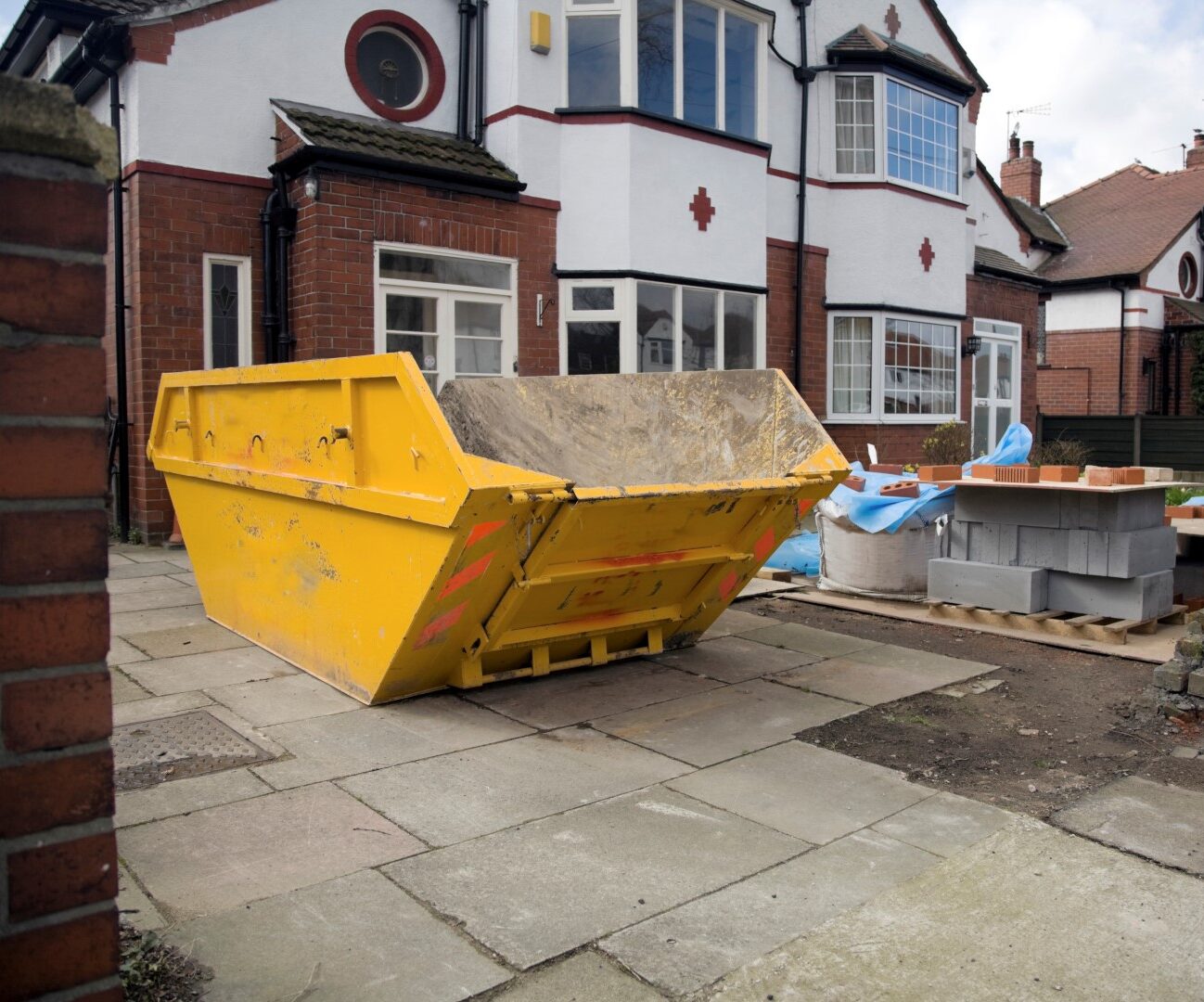
Common Skip Hire Mistakes and How to Avoid Them
Skip hire is a convenient and cost-effective approach to waste management. However, it may not be as simple as you imagine. Some mistakes can cause delays, frustration, and extra costs.
Luckily, avoiding common skip-hire mistakes is easy.
Get the right skip size
Take the time to assess how much waste you will produce. Getting the wrong size skip can be costly.
Getting a skip that is too large means you are, effectively, paying to dispose of thin air because you do not fill the skip. You will also have to manage the larger skip, which might create problems if you have limited space or have to work around it.
Picking a skip that is too small can be even worse. You might end up with waste that cannot fit in, and you will have to pay for an additional skip or dispose of it yourself.
If you are hiring others for your project, your contractor can probably provide a good estimate of the skip you will need. If you have any doubt, it is always best to err on the side of caution and get a size or two bigger.
Get a skip permit
If your skip is on a public road or just hangs over it, you will need a skip permit from your local council. This is not an option and will apply even if your street does not have other restrictions, like parking limits.
Skip permits are simple to get, but you usually must apply at least a week before you need a permit. There might be some conditions, like erecting warning signs to keep people safe, that you need to address.
Your council may take action if you do not have a skip permit. If you are lucky, you might be prompted to apply for a permit, but you might be forced to move your skip or even pay fines.
Book skip hire early
In addition to applying for your permit in advance, you should ensure a skip is booked to align with your project. Otherwise, you might find yourself struggling with a pile of waste and nothing to put it in.
Although we are a major skip provider and can often help at incredibly short notice, it is always safest to book ahead to guarantee a skip when you need it.
Avoid prohibited items
Several classes of waste are not allowed in skips. These are usually hazardous materials that can harm people handling the waste or the environment, like chemicals or asbestos. However, some common home renovation waste is also prohibited, which often catches people out.
Plasterboard contains sulphur and requires specialist disposal to avoid the risk of harmful compounds forming. Some treated woods are also prohibited, as treatments like creosote contain environmentally harmful compounds.
As a licensed waste operator, What Skip is fully up-to-date on the latest waste regulations and can guide you through the restrictions.
Do not overfill your skip
We cannot take a skip that we cannot move safely. Each skip will have a clearly marked capacity line over which waste cannot be piled. An overfilled skip is dangerous to move because items can come loose and create hazards to other traffic.
Packing your skip carefully can help prevent this. It is also worth covering your skip when you are not there, as other people frequently use a convenient skip for their waste disposal.
Choose the right place for your skip
Think carefully about where your skip will go. Aside from permit issues, a skip can take up a lot of space, so you will need to consider how you will work around it. Do not forget to allow space for the delivery vehicle to manoeuvre.
Also, take care when choosing the surface. Skips are heavy—and even heavier once filled—so the ground must be firm and level. Avoid placing skips on soft or uneven ground, as this could cause them to tilt or tip. For more tips on how to prepare for skip delivery, check out our complete guide.
Do not overload your skip
Like overfilling, there is a limit to how much weight can be placed in a skip. If a skip is too heavy, it cannot be safely transported, and we may not even be able to lift it to the skip vehicle.
This is not an issue for most jobs, but if you anticipate a large volume of dense waste, such as rubble or soil, check with us first. This does not mean you cannot use a skip, but you might have to use more than one skip or arrange for periodic collections to keep the load below the safe limit.
Check if you need a skip!
Sometimes, a skip might not be the best option. Skips are incredibly convenient; with a single payment, you can have all your waste collected and know that it is being sorted and recycled correctly. However, you might not need to put all your waste into a skip. When you estimate the type and volume of waste you are generating, it is worth considering alternatives at the same time.
You might be able to dispose of some, or even all, of your general waste through your local council’s collection. Likewise, you will probably find you can take advantage of local recycling provisions and, for some of your waste, there could be opportunities to sell or donate what you no longer want.
While it might require a little effort, it could mean you can use a smaller skip and even get that warm glow of satisfaction knowing you have done something good.
Hire a skip today
Skip hire is mostly straightforward. For most projects, there is no easier way to dispose of a large volume of waste responsibly. Being aware of some mistakes you can make will help you have a stress-free experience. But remember, we are always here to offer advice and guidance. Just give us a call to find out how easy it really is with What Skip.

Contact us
To book a skip or other services, or just to have a chat about your requirements, please get in touch.

